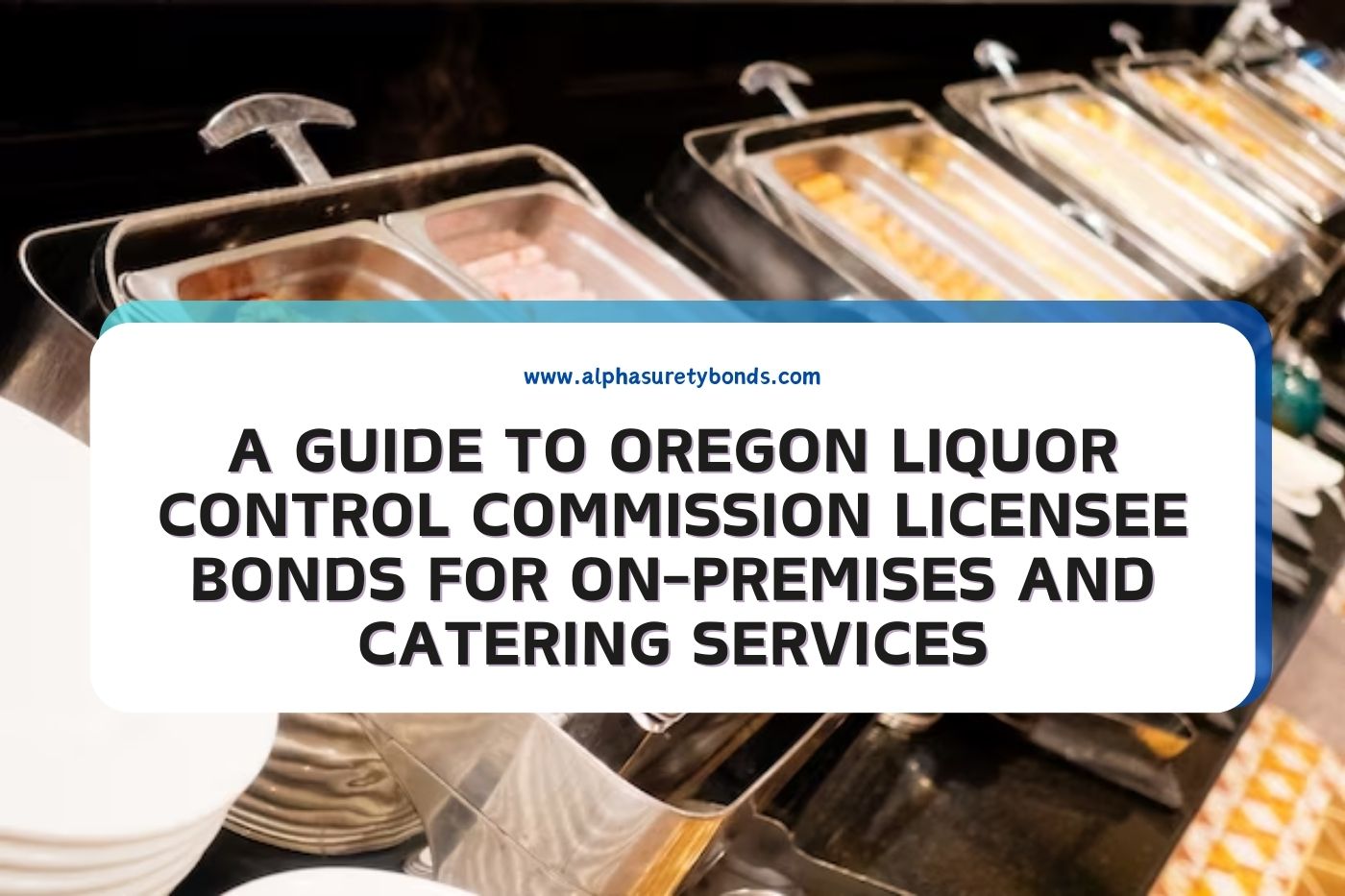Get An Instant Quote on Oregon Commercial Driver School Bond for Individuals
Oregon Commercial Driver School Bond-Individual ($2,500) Definition
What is a Commercial Driver School Bond?
A commercial driver school bond is essentially an agreement between three parties: the principal (commercial driving school), the obligee (state licensing entity), and the surety company. This financial guarantee bond ensures that if a commercial driving school fails to comply with state regulations or contractual obligations towards its students, then they are protected by this bond.
Specifics of The $2,500 Bond in Oregon
For businesses in Oregon offering commercial driver education, a specific type of bond must be secured – known as the Oregon Commercial Driver School Bond-Individual. This particular bond has been set at $2,500 per individual instructor within each facility.
Purpose of The Oregon Commercial Driver School Bond-Individual ($2,500)
Protection for Students and Their Families
This specific kind of surety bond acts as protection for students and their families from fraudulent practices or any form of misconduct performed by a commercial driver’s education provider. If such an event occurs where a student suffers financial damage due to unlawful actions by the institution or instructor; they can make claims against this bonded amount.
Ensuring Compliance With State Regulations
The other primary purpose for requiring schools to carry this type of bond is ensuring compliance with state laws. These rules generally include maintaining high teaching standards and providing adequate facilities amongst others; thus making it necessary that every business has one.
Who Needs The Oregon Commercial Driver School Bond-Individual ($2,500)?
Businesses Required To Have This Surety
All businesses operating as private career schools under ORS 345 must secure an annual surety based on their gross tuition income which includes those running trucking companies offering training programs. Independent instructors also need these bonds individually even when employed by larger establishments having separate bonding arrangements.
Here’s why:
- Schools safeguarding themselves from potential legal disputes.
- Building trust within the community by demonstrating financial responsibility.
Process of Obtaining The Oregon Commercial Driver School Bond-Individual ($2,500)
Steps to Apply for The Bond
Getting this type of bond involves several stages:
- Complete an application form with a surety company or broker.
- Submit your credit report and other required documents for evaluation.
- After approval, pay the premium amount to get your bond issued.
Required Documentation and Information
The necessary information includes: business name, location details, and federal tax ID number amongst others – also be prepared to present any financial statements requested by underwriters during this process.
Costs Associated With The Oregon Commercial Driver School Bond-Individual ($2,500)
Breakdown of Bond Cost
Typically you’ll only need to pay a percentage (generally 1-5%) of the total bonded amount; thus making it affordable even for smaller businesses with limited budgets. However, these rates may vary depending on various factors like personal credit score etcetera.
Potential Additional Fees or Costs
Remember there might be additional costs involved too such as renewal fees or potential claims against your bond which can significantly increase its overall cost in the long run.
Consequences Of Not Having The Oregon Commercial Driver School Bond-Individual ($2,500)
Not having this mandatory bonding requirement can result in serious implications including:
- Legal action from students.
- Revocation/suspension of a state license until compliant again.
- Refusal by future clients due lack credibility/trustworthiness amongst the public without being properly bonded/insured.
Maintaining these bonds means regularly paying premiums (usually yearly), keeping records updated with surety companies, especially regarding changes like address/instructor count, etc., plus always adhering strictly to all state laws related to commercial driver education service provisions ensuring no claims made against them ever occur jeopardizing their business operations severely otherwise!
Frequently Asked Questions about The Oregon Commercial Driver School Bond-Individual ($2,500)
Can I get a bond with bad credit?
Yes, although premiums may be higher.
What if a claim is filed against my bond?
If valid, you must pay the claimed amount up to the total bonded value. However, surety companies offer legal defense in such situations too.
Final Thoughts on The Oregon Commercial Driver School Bond-Individual ($2,500)
The importance of having an Oregon commercial driver school individual $2500 cannot be overstated as it protects both business and consumers while ensuring quality education provision according to state laws and regulations by all private career schools offering truck driving training programs throughout the region proving instrumental in achieving long term success within sector being properly bonded-insured eventually hence why everyone should comply with this requirement diligently always remember – prevention better than cure!











